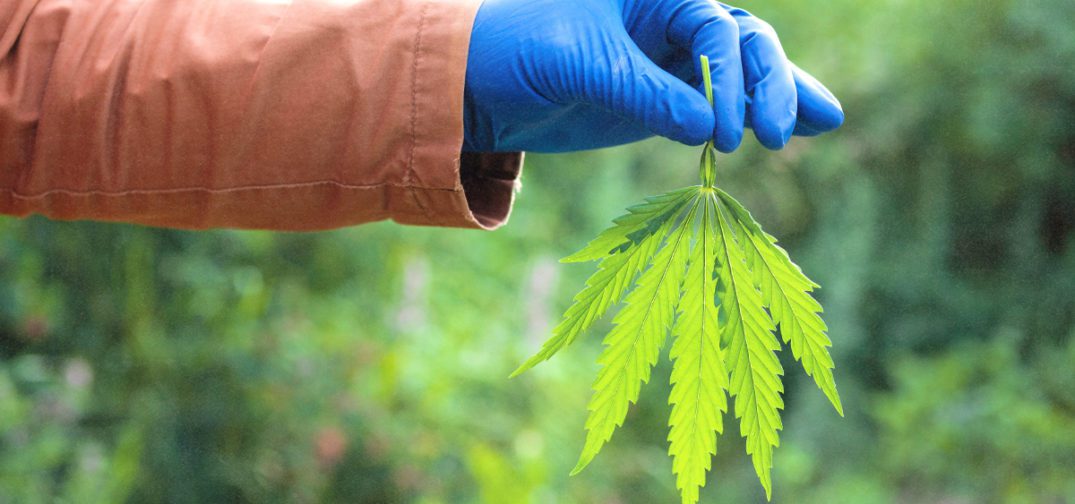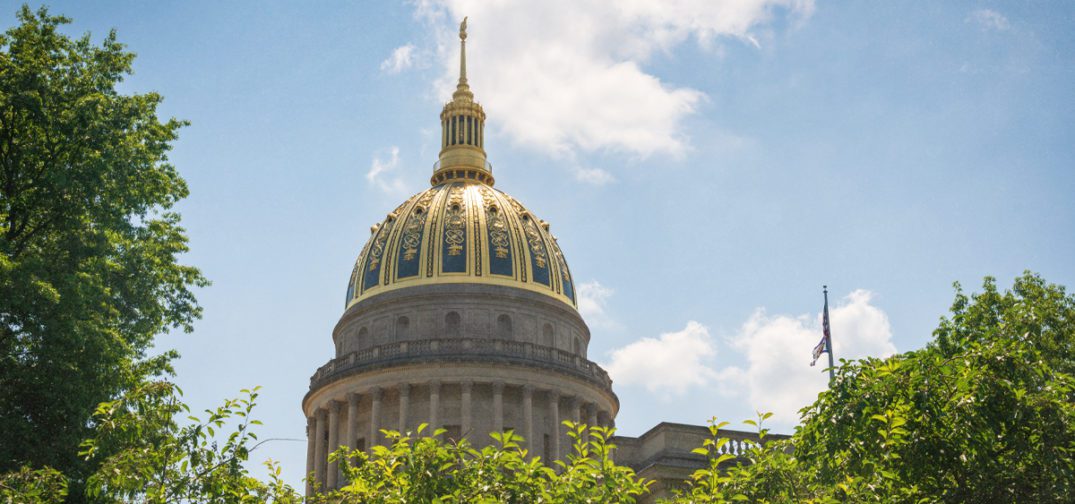Ariana Tokes — the Chief Operating Officer for east coast cannabis lifestyle brand Street Lawyer Services with three shop locations in DC, Miami, and NYC — is bringing a new branding perspective to the company’s online and real-world profiles. Behind the scenes of the shops and social media, Yana runs the creative direction, marketing, IT infrastructure, and daily operations of all three shop locations.
Who is Ariana Tokes?
Despite her youth, Ariana brings a wealth of experience to her role as COO. Lonny The Street Lawyer, CEO of Street Lawyer Services, has called Ariana the “Michael Jordan” of his company.
Before her work in the cannabis industry, Ariana received her Master’s in Technology Management from Georgetown University in 2018 and her Bachelor of Art in Human-Computer Interaction Psychology at the University of Maryland. At 25 years old, she was Managing Director of an intellectual property legal-consulting firm that focused on supporting high-tech industries.
“I started in sales at the bottom level and in two years I was managing 70 employees worldwide. Our offices were in DC, India, London, the Netherlands, and our clients were mainly based in California. Needless to say, I never slept,” said Yana. “I got to the highest point a woman could get to in a corporate style company very quickly. When I hit that ceiling, I said to myself, ‘It’s now or never.'”
In 2019, she felt it was the right timing to leave her corporate career to do something more self-fulfilling in a new and risky but fast-growing cannabis market. “I didn’t want to look back on my life and say ‘what if’ like so many attorneys I worked with in DC. I managed a Legal Services Consulting Firm at 23 years old. I was working with lawyers twice my age who hated their lives…they were stuck in offices reviewing paperwork and the highlight of their day was wearing stuffy suits down to our local politician-infested steakhouse to talk about a client’s legal problems. And ‘pretend’ to be well-to-do. I was watching my life in slow-motion, seeing the progression of how it was going. I knew I needed more.”
Ariana and Lonny met at a recording studio where Ariana would go rap after work as a creative outlet, an escape from the corporate monotony. From the shared passion for creativity to their unique past history in the legal world, an ironclad friendship between Lonny and Ariana was born. “Meeting each other truly felt like fate,” said Ariana.
Cannabiz success in a grey market
Cannabis shops in NYC and DC are still operating in a grey market and it is very hard to build a national brand while reforms are up in the air on the east coast. Lonny The Street Lawyer and Ariana both see their crossing of paths as crucial for Street Lawyer Services’ success, as do their employees.
In a year and a half, Ariana has used her experience in the corporate world to turn Lonny’s then-small DC shop into a national brand with three operating locations on the east coast (DC, NYC, and Miami).
She’s been familiar with building things from the ground up since her undergraduate years. While a student at the University of Maryland, College Park, she set up the IT infrastructure for a start-up company featured on “Shark Tank,” where Mr. Wonderful invested $100k for a 3% stake in the company. “My technical experience and start-up culture background is exactly what Lonny needed to grow his start-up style canna-business. To grow his social media persona and following, my human-computer interaction studies were a huge support in devising the right progression of his character,” said Ariana.
“Lonny the Street Lawyer was already a full-blown character in real life, that part he had down on his own. Depicting this correctly on social media and having people continually engage with his persona is not as easy as it looks. When you watch his 1-minute skit videos, you don’t realize how much thought truly goes into finding the right messaging. We’re still operating in a grey market and how we message is extremely important.”
Who are the SLS Women?
The SLS Women are brand ambassadors and budtenders for Street Lawyer Services. Ariana was one of the first brand ambassadors Lonny hired as an SLS Woman. Ariana has taken on the SLS Woman role as a new way to empower more women to enter the cannabis industry and has hired many women to join the team.
Following her success in building Street Lawyer Services’ brand, Lonny wanted to reciprocate by investing in Yana. Lonny fully funded the launch of Ariana’s canna-brand, WomenXWeed, an accessory line that complements smoking Street Lawyer’s products. It was created because much of the messaging in the cannabis industry tends to be skewed toward a male audience. “I felt the smoke shops where I bought my pipes and devices were all so male-branded,” she said.
It was important to Ariana that each of the SLS Women’s creative and professional aspirations were aligned with the needs of a cannabis lifestyle brand. And the SLS Women express gratitude to Yana in return. “She is a mentor who listens and cares for one’s personal goals and skills, allowing the SLS women to hone their own individual brands and work on their creative craft,” said SLS Woman Sasha Abramzon.
Another SLS Woman, Arianna Lesi (Ari), said, “In the short period of me knowing Ariana I have realized this woman is who I aspire to be. In all the business endeavors I have been involved in, this experience thus far has been the most motivating and inspiring and a big part of that is due to Ariana. Ariana is like a creative mogul acting as a creative agency all in one person.”
Ariana stated, “Music and the arts are what bring the cannabis community together. Creatives use cannabis as their support to think in new ways outside of this structured world.”
Street Lawyer Services and WomenXWeed also host events for the SLS Women like WhoisLucci and Loreana to showcase their talents, and supporting the artistic paths of the staff is something the organizations take seriously. “The real risk is not pursuing your dreams,” Lonny said. “It’s far more risky to live a life you don’t want to live.”
Click here for more information about Ariana Tokes and/or follow Lonny The Street Lawyer on Instagram @Lonnythestreetlawyer.
To meet the SLS Women in person, check out shop locations here: streetlawyerservicesthc.com























